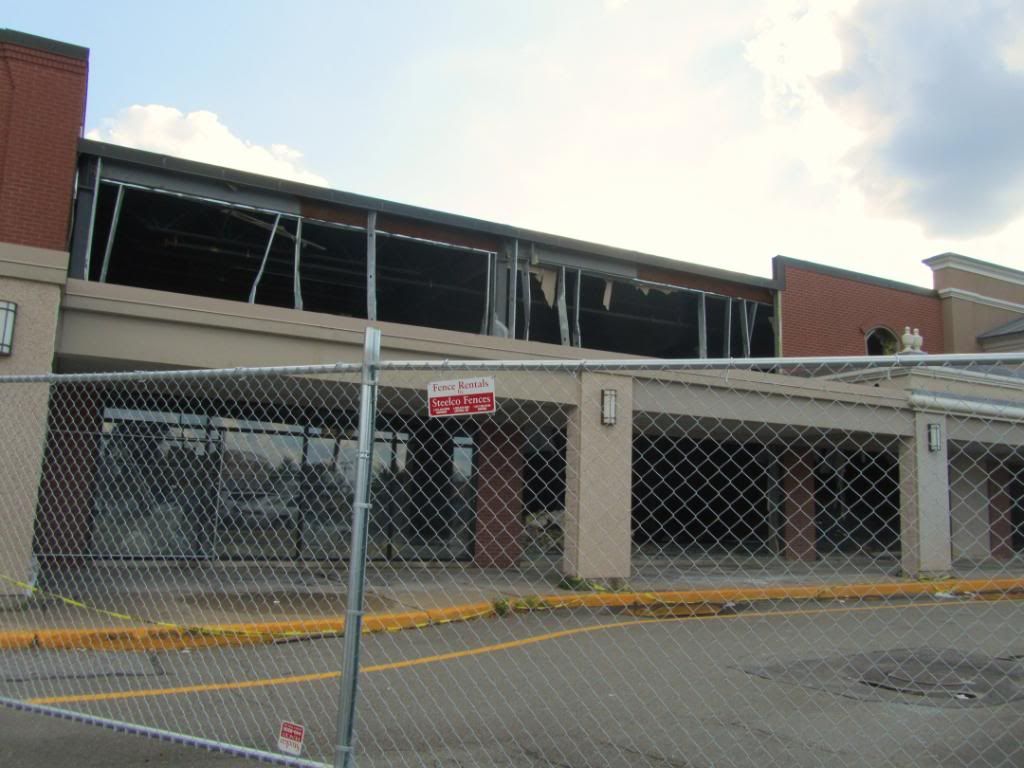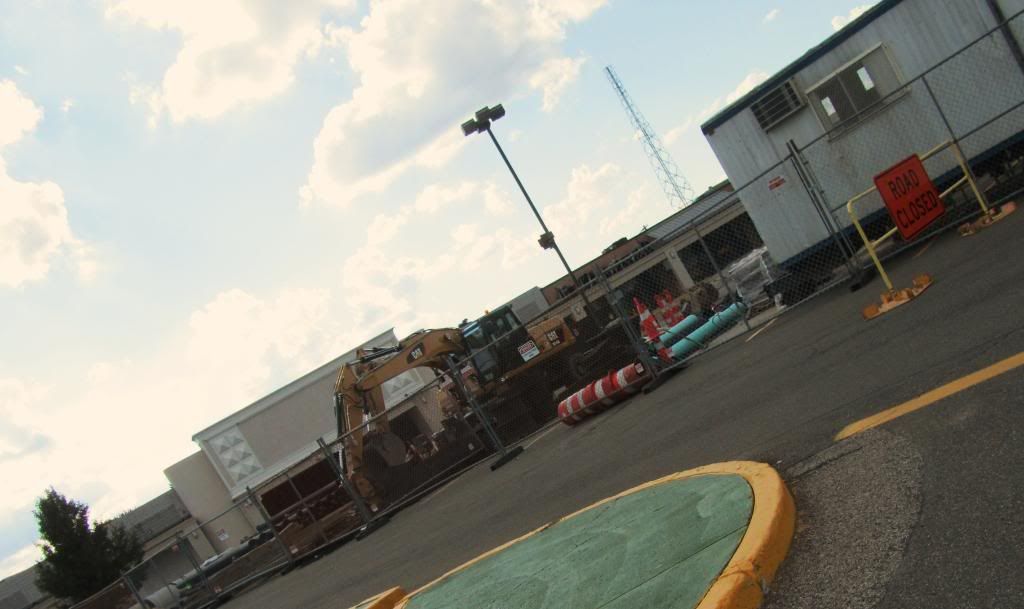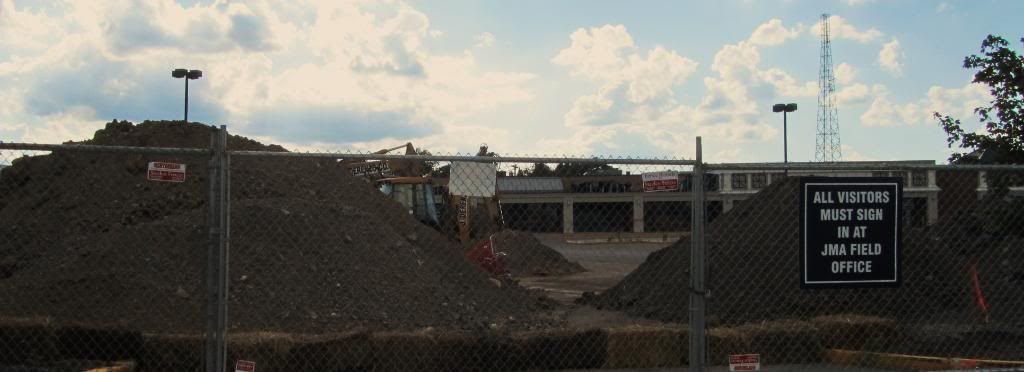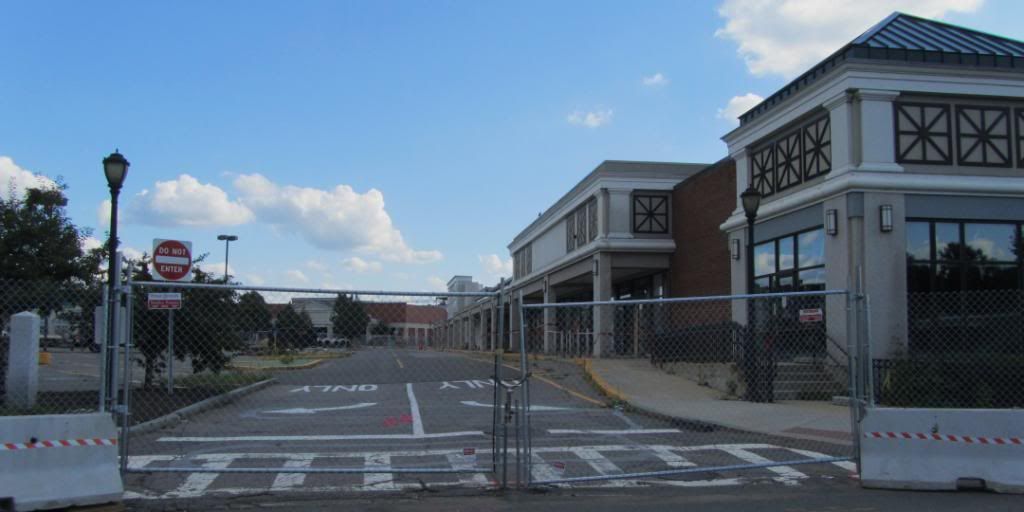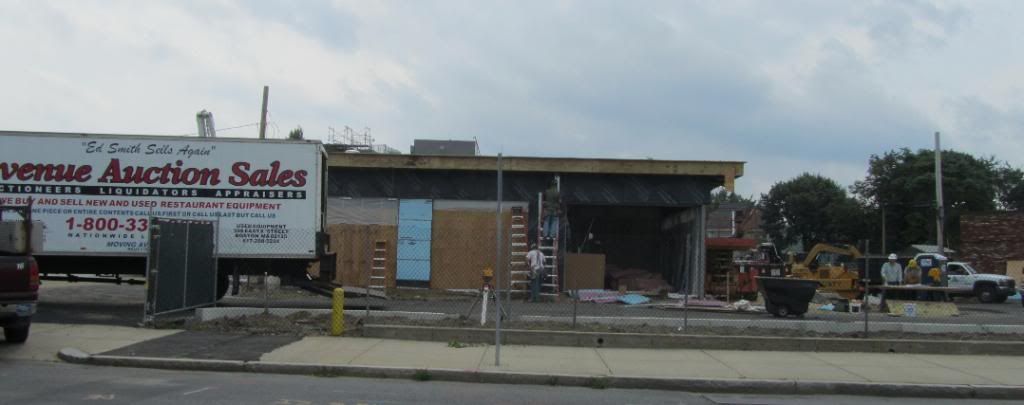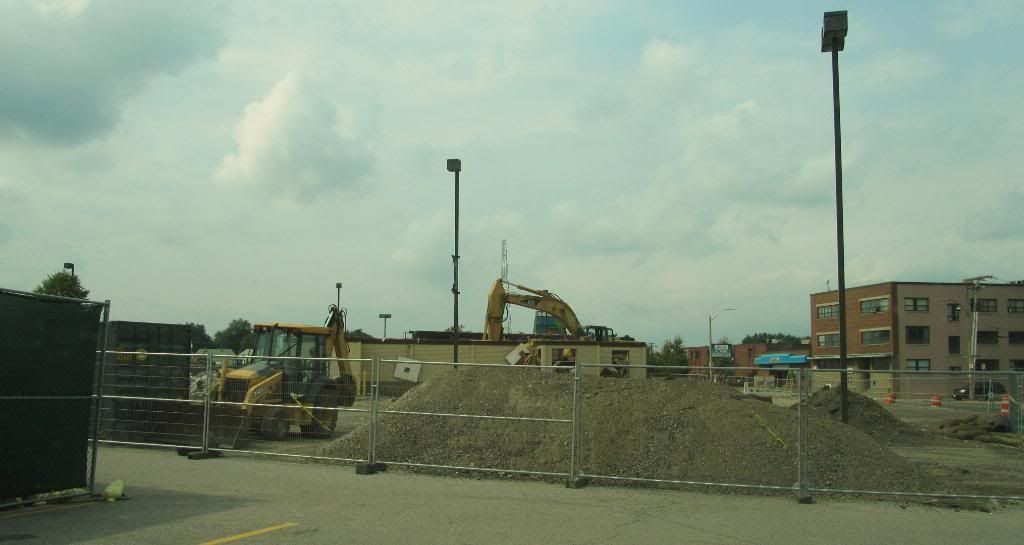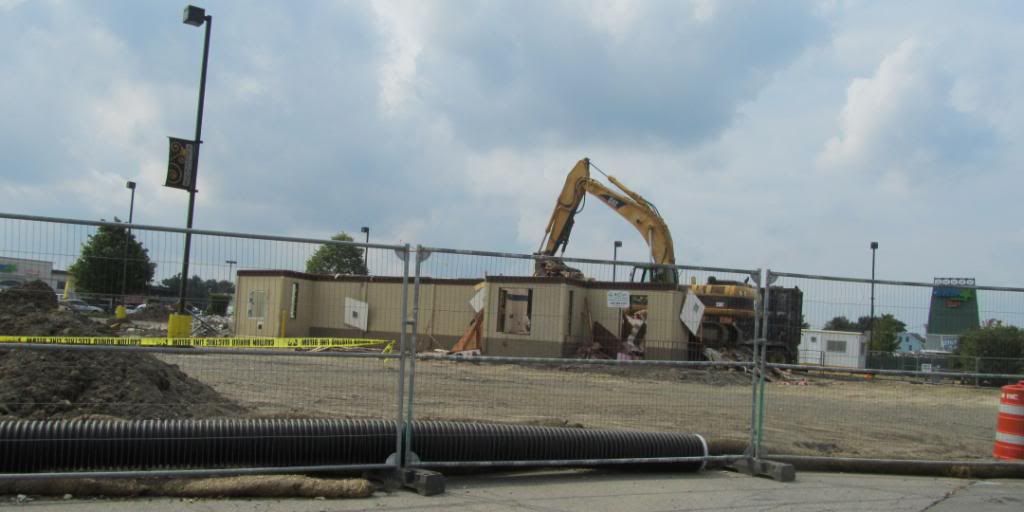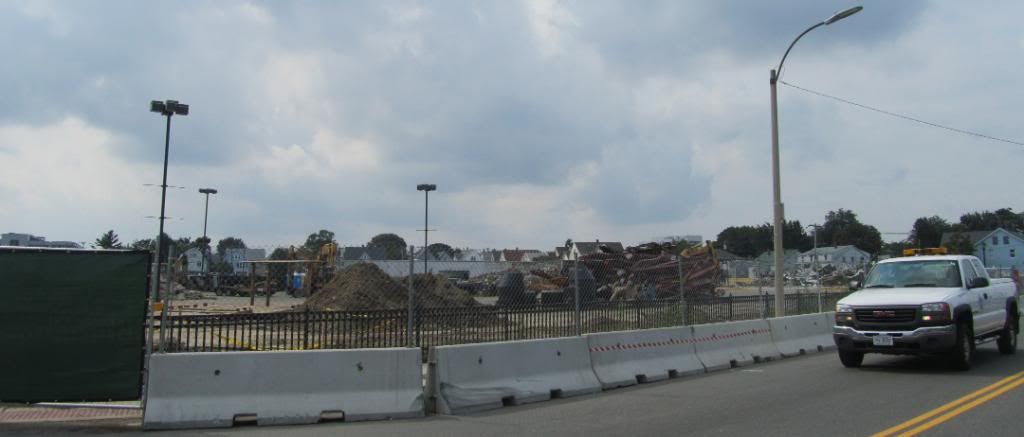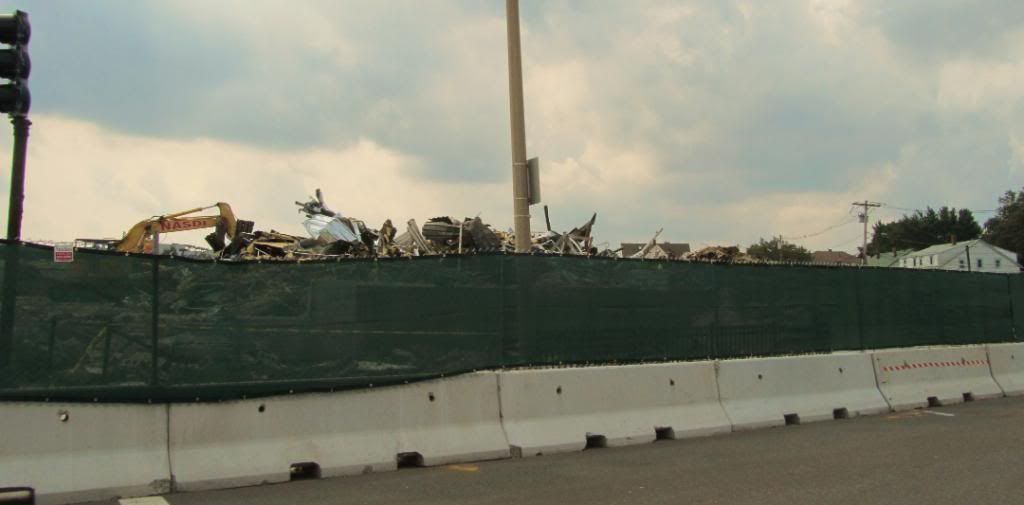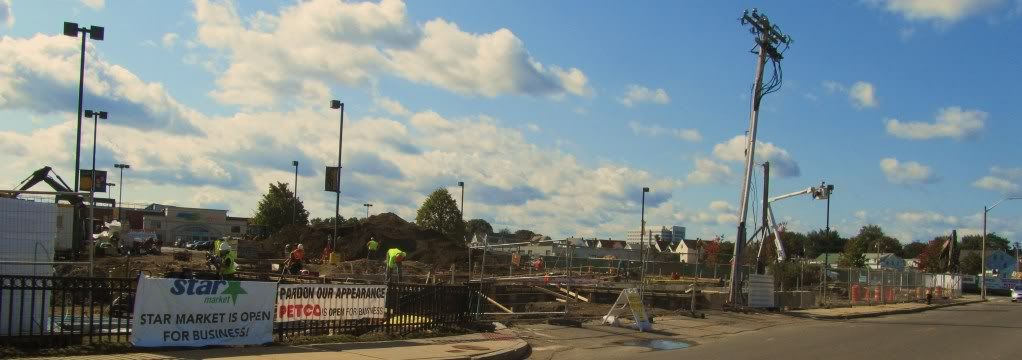Affordable housing investment in Allston clicks for Google
When most people hear the name Google, they think Internet searches, not affordable housing.
But in Allston, the search-engine giant is investing $28 million to help construct 240 units at the Charlesview residences, one of the largest low-income housing developments in the country.
On its face, the investment seems strange because it puts Google Inc., typically focused on the virtual world, in a corner of the affordable housing business dominated by big banks and investment companies.
However, Google and other companies know something that others don’t: Rental and low-income housing projects are now among the most lucrative investments available, with businesses from Apple Inc. to Sherwin-Williams Co. buying millions in government tax credits used to finance affordable homes in Massachusetts and other states. These companies use the credits to significantly reduce their tax bills, while builders get desperately needed funds to provide affordable housing to low- and middle-income families.
In its most recent fiscal year, MassHousing, the state’s affordable housing bank, helped provide financing for a record $446 million in rental-housing deals, due in large part to renewed interest among private companies and other investors. That’s up from just $89 million in the 2009 budget year, when the economic downturn dried up funding for such projects.
“A lot of these nontraditional investors have said, ‘Wait a second, this is a good deal,’ ’’ said Greg Judge, chief operating officer of Boston Financial Investment Management, which specializes in low-income housing investments. “It’s affordable housing, so it makes them feel good, has a great investment track record, and it’s one of the best deals around right now.’’
An executive with Google said the technology company was attracted to affordable housing in part because the projects seldom encounter financial difficulties and almost never result in a default.
“We want to be responsible corporate citizens, and that’s what drove us to invest, but the returns are also quite good considering the risk,’’ said Axel Martinez, an assistant treasurer for Google. “Charlesview is one of the places where we were able to add value, when in the past projects like that wouldn’t have gotten done.’’
The Charlesview project, expected to employ hundreds of laborers over the next two years, involves the relocation and expansion of a 213-unit affordable housing complex on Western Avenue that was built in the 1970s and has fallen into disrepair.
The new Charlesview will be a half-mile down the road, on part of the former Brighton Mills Shopping Center. Its nonprofit developer, Community Builders Inc., is constructing 240 apartments and eventually plans to add a 100-unit condominium tower that will include 26 low- to moderate-income units. The project will also result in a new park, retail stores, a community center, and an underground parking garage.
Developers are allocated tax credits by government agencies, and in turn sell them to investors and use the proceeds for construction. The traditional buyers are banks and lenders that not only use them to lower their tax bills, but to fulfill the requirements of the federal Community Reinvestment Act. The act mandates that lenders fund housing construction, small business development, and other initiatives in the communities where they operate.
The tax credits have become a critical source of funding for affordable housing, but in the aftermath of the financial crisis in 2008, many builders found it difficult to find investors with the wherewithal to finance these projects. Banks and other traditional buyers were saddled with huge losses during the period and withdrew from the market, which forced the federal government to step in to provide funding to keep the sector afloat.
Investors came back to the market in 2010, when banks and other buyers earned enough profits to be able to use the tax credits, and prices for them had dropped so much that they had become investment bargains. Companies could buy a dollar of credits for 70 cents or less, allowing them to get double-digit returns that are exceedingly difficult to get elsewhere.
And while prices for tax credits have risen in recent months - to 90 cents on the dollar or more - even at those prices they still produce better returns than other investments.
Many of the affordable projects financed during the past few years are just now getting under construction, providing badly needed jobs in the hard-hit construction industry.
“This work is enormously helpful,’’ said Greg Vasil, chief executive of the Greater Boston Real Estate Board. “Market-rate stuff is so difficult to build right now, and unemployment in the building trades has been as high as 50 percent, so it definitely helps.’’
MassHousing is providing a series of loans for the Charlesview project, along with $72 million in financing from Harvard University and the $28 million from Google, which stepped up its investments in low-income housing in 2010, when the prices of tax credits were between 60 and 70 cents on the dollar. In addition to Charlesview, Google in August 2010 participated in an $86 million fund managed by US Bancorp used to build 480 affordable projects in California and across the Midwest.
Among other companies to invest in Massachusetts projects recently are Apple Inc., Sherwin-Williams, Nationwide Mutual Insurance Co., and Berkshire Hathaway Inc., the financial company founded by billionaire Warren Buffett.
One of the questions now facing the affordable housing market is whether those investors will stay in the market with rising prices for tax credits eating into their returns. Google, for one, has said it intends to continue investing, although many others have come and gone over the years.
“The good news is that some people do stay in the market,’’ said Judge, the executive with Boston Financial Investment Management. “If you take these investments away, it’s impossible to make the numbers work on (low-income) rents. Ninety percent of these projects would not get funded.’’
Casey Ross can be reached at
cross@globe.com.

